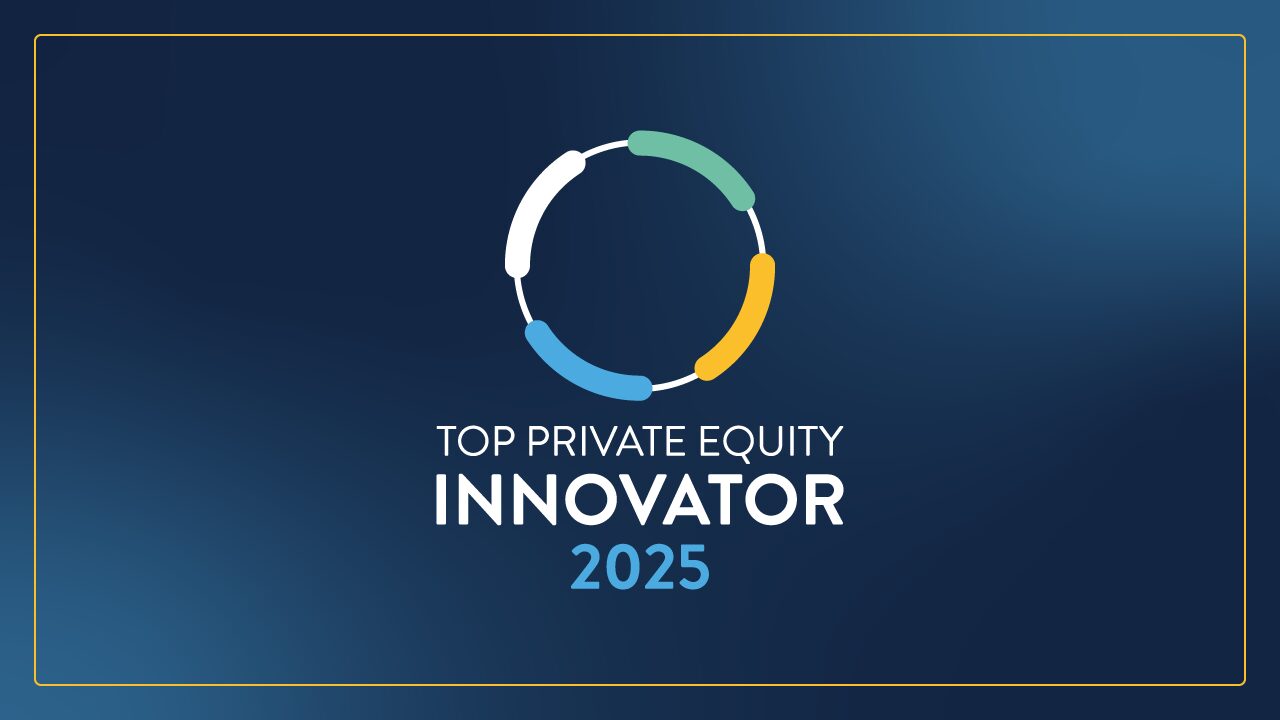How has the current economic situation – i.e. the 2023 bank collapses – affected collaboration between operating partners, portfolio support and deal teams? What are private equity firms’ latest technology best practices around data & analytics, cybersecurity and AI?
These were the hot topics in the latest BluWave-hosted PE Operating Partners’ forum March 21.
Jeff Steinhorn of Gridiron Capital LLC, Anthony Di Leva of Marlin Equity Partners, and Pejman Pourmousa of Sumeru Equity Partners joined our BluWave as panelists for the virtual event.
SIGN UP for the next Operating Partners Forum
Here are some highlights of what was discussed.

I. Collaboration: Operating Partners, Portfolio Support, Deal Teams
Panelists discussed how collaboration between operating partners/portfolio support and deal team members is crucial for navigating crisis situations like the recent bank collapses. With major banking announcements over the past week, how are private equity firms pivoting and working with deal team members? Also, what specific tactics, frameworks, or programs do firms have in place to execute value creation plans efficiently when working with deal teams?
There are two main ways these teams collaborate: unstructured and structured.
For unstructured collaboration, operating partners get pulled into deal teams when they have industry expertise in a target company the deal team is evaluating. This ad hoc collaboration provides valuable insight but lacks consistency.
For structured collaboration, each operating partner runs a Center of Excellence (COE) covering their area of expertise. The COEs meet monthly to share experiences and best practices, providing a consistent approach to ensure all portfolio companies receive adequate support.
At some firms, the teams operate jointly as one team. This tight-knit collaboration helps the teams act quickly and decisively.
For formal engagement, the teams:
- Hold weekly all-hands meetings with the whole firm to discuss deals and portfolio company issues.
- Conduct quarterly portfolio company reviews where deal teams can listen in.
- Receive biweekly email updates from managing directors on their priorities and activities.
- Host monthly internal value creation calls by portfolio company, including deal and operating partners, to evaluate progress against value creation plans and determine if the company is on track.
- Organize quarterly summits for portfolio company functional leaders across the portfolio to facilitate knowledge-sharing, though these can be hit or miss.
COEs and generalists work closely together in several ways:
- They turn high-level value creation plans into detailed project plans.
- They act as the glue holding programs and initiatives together across the firm.
- They meet with deal teams and portfolio company management teams at least biweekly. Frequent interaction demonstrates the importance of portfolio companies and allows the teams to promptly course-correct as needed.
In crisis situations like the recent bank collapses, the teams worked together intensely to ensure portfolio companies were protected:
- Everyone came together to help move money or hedge risks as needed.
- Operating partners and COEs worked with back-office teams to enable quick action on financial matters.
- The CFO operating partner communicated with limited partners and co-investors on the locations of funds for transparency and coordination.
- No drastic changes to playbooks were needed, as close collaboration is business as usual.
- There was a flurry of activity for several days to address the most pressing concerns before resuming standard operations.
SIGN UP for the next Operating Partners Forum
II. Technology Best Practices
Technology is rapidly changing and now considered table stakes for implementing value creation plans. Private equity firms and portfolio companies are investing heavily in technology to become more agile, secure, informed and automated.
Read More: Centralized Data Management: Business Intelligence & Analytics
Data & Analytics
Firms have invested a lot in technology strategy over the past few years. They are watching numbers in real-time, like bookings and financials, so they have insights to glean from the numbers rather than rehashing them in meetings.
One firm uses a main data warehouse that is updated monthly for portfolio company reviews. Here’s how they use the warehouse:
- They gather the top key performance indicators (KPIs) identified in due diligence.
- They require the first 3 months of core KPIs from portfolio companies.
- They determine the top KPIs for each specific company to get more tailored.
Firms are finding that most portfolio companies now have Business Intelligence (BI) and Analytics titles, so they created COEs, which meet regularly and share best practices between companies.
They also work with third-party developers to build data warehouses and dashboards in the BI tools companies already have within 3 months.
This allows the private equity firm access in a time-saving rather than “big brother” way. It allows them to look at and discuss the same stats rather than just presenting numbers.
Read More: Business Intelligence Automation: What is it?
Cybersecurity
Cybersecurity is now considered table stakes, requiring investment every year rather than a one-time effort.
One firm mentioned that it conducts two surveys to build and distribute to each portfolio company, identifying hot spots and red flags to prioritize remediating.
Attacks cannot be prevented, so they aim to ensure companies have the basics in place. simpler tools and technologies are better. Perfection is impossible, so continuous education and improvement are necessary.
They also work with third-party firms to audit portfolio companies. Here are some of their findings:
- Most issues must be fixed before exit.
- Most portfolio companies are using outdated security, so the firms must work with them to get up to speed.
- Less time is spent asking if companies are secure, shifting to asking if security is slowing down the business. They aim to harmonize security and business needs.
One firm has a COE that holds 2-3 cybersecurity talks each year. They require an annual mandatory survey/checklist to ensure basic cybersecurity needs are met and an annual cyber audit. They also have U.S. Cyber Command experts on their board of advisors to provide guidance.
AI and Machine Learning
AI and ML are not heavily used yet among firms, though portfolio companies want to learn more about them.
“Lower-hanging fruit” that can be implemented in 48 hours is preferable to big implementations. Examples include:
- Tech support for ticket deflection using ML to identify and route simple, repetitive tickets to automated bots.
- OX helps with practice calls, useful for account management teams.
Most private equity firms are exploring how to leverage AI and ML to save time on routine tasks and gain efficiencies, but adoption remains limited. Some examples of how AI is being used:
- Account discovery via Chat GPT saves hours of searching.
- Tech support for ticket deflection uses ML to identify and route simple, repetitive tickets to automated bots for faster resolution.
- Account-based marketing uses data to determine which target accounts and key stakeholders are most likely to buy, allowing for more focused outreach.
SIGN UP for the next Operating Partners Forum
This event was conducted with the Chatham House Rule in place.


